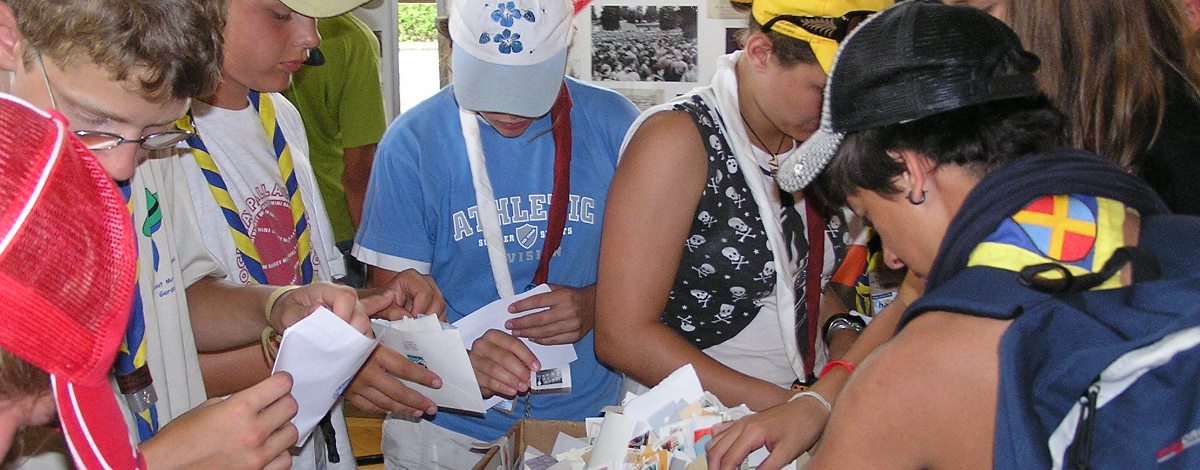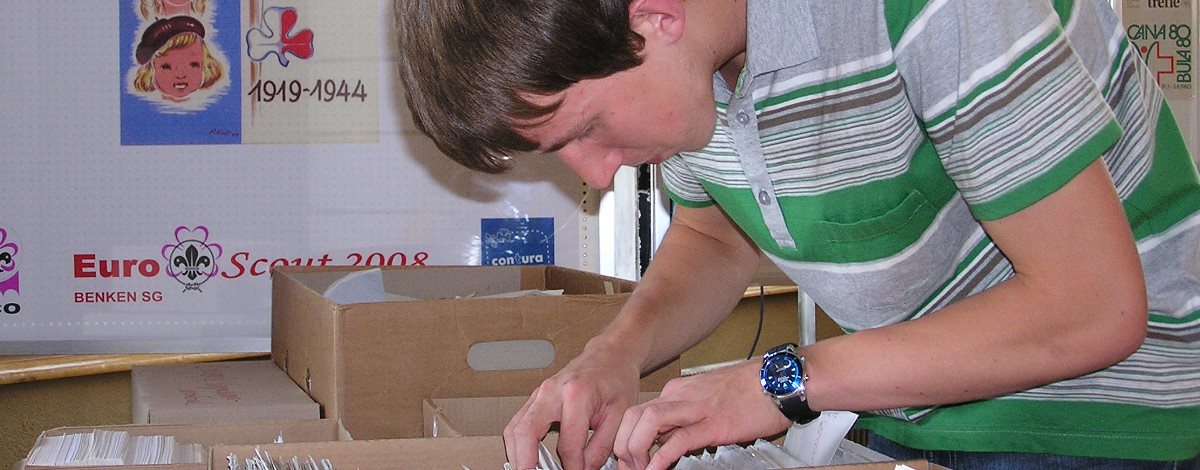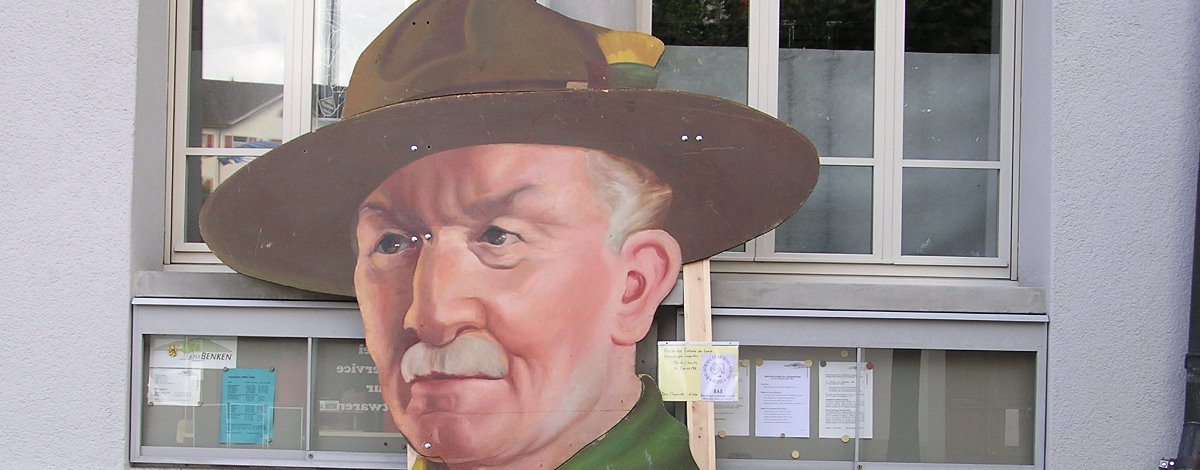Allzeit bereit! en
This summer 2020, many young people will set off again in the context of youth movements to live in a tent camp in harmony with nature. This year the scout movement celebrates its 113th anniversary. In 1907 the famous Baden-Powell organized its first scout camp. Who was this founder? Which values did he want to convey? We will go into this topic here.
Photo
A youth under the influence of nature
Photos left Robert Baden-Powell was born on 28 February 1857 in London. He comes from a large family and loses his father at the age of 3 years. With his brothers he likes to go hiking in the nature and at the sea. Actually he is much more interested in nature than in his school career. He fails the university entrance exams, but does very well in the entrance exams for the army. So a military career is obvious.
In 1877, he is transferred to India as a lieutenant. During this time he starts to be interested in the work of the scouts. During his service in South Africa he deepens his reflections. There he earns his first marks during the second Boer War. With the help of boys, to whom he entrusts various small tasks so that his men can fight without having to worry about these activities, he saves the town of Mafeking in 1899. After the end of the war, he receives the order to organize a military police force to maintain peace. He relies on the patrol system and develops what soon becomes a scout uniform.
As a result of these events and his observations regarding scouting activities, he writes a booklet intended for soldiers called "Aids to Scouting". On his return to England, he is astonished to discover that this typeface, intended for soldiers, is extremely popular with boys.
Be prepared at all times!
Photo right This is how the idea of the scout movement was born: Boys from different social backgrounds take part together in tent camps where they discover nature through playful activities. As a motto he chooses that of the scouts: "Be prepared", in German "Allzeit bereit". In 1907 he organised the first scout camp on Brownsea Island with around 20 boys.
Baden-Powell defines the five missions of the scout movement: health, a sense for the concrete, personality, service and a sense for God. He defines 10 rules to be followed, which he summarises in the so-called "Scout Promise". The movement is developing and gaining a foothold in other countries.
The movement is growing
Photo left In view of his success with boys, two years later he founded the Girl Guides, which he entrusted to his sister Agnes. In 1914 Lady Olave Soames, whom he married in 1912, took over this organisation. As an anecdote it should be mentioned that every boy contributes a small contribution to the wedding gift. So Baden Powell gets a Rolls-Royce and suspenders!
At the beginning of the First World War the English scouts become active and offer their services. They do not take part in combat missions, but provide many services to the population, especially in the form of caring for the wounded or sending messages.
In 1916 the first Wölfling group (age between 8 and 12 years) is founded.
Photo right In 1920 the scouts organize the first "Jamboree". This term refers to the Indians and means "gathering of the tribes". No less than 8000 enthusiastic young people from more than 20 countries take part in this major event, at which Baden-Powell is named "Chief Scout of the World".
He is ennobled by George V and thus becomes Lord Baden-Powell.
The movement spreads in different countries of the world and becomes more and more successful. 1930 the movement counts two million members.
Lord Baden-Powell dies in Kenya on 8 January 1941. His gravestone bears a sign saying "I have completed my task and gone home."









